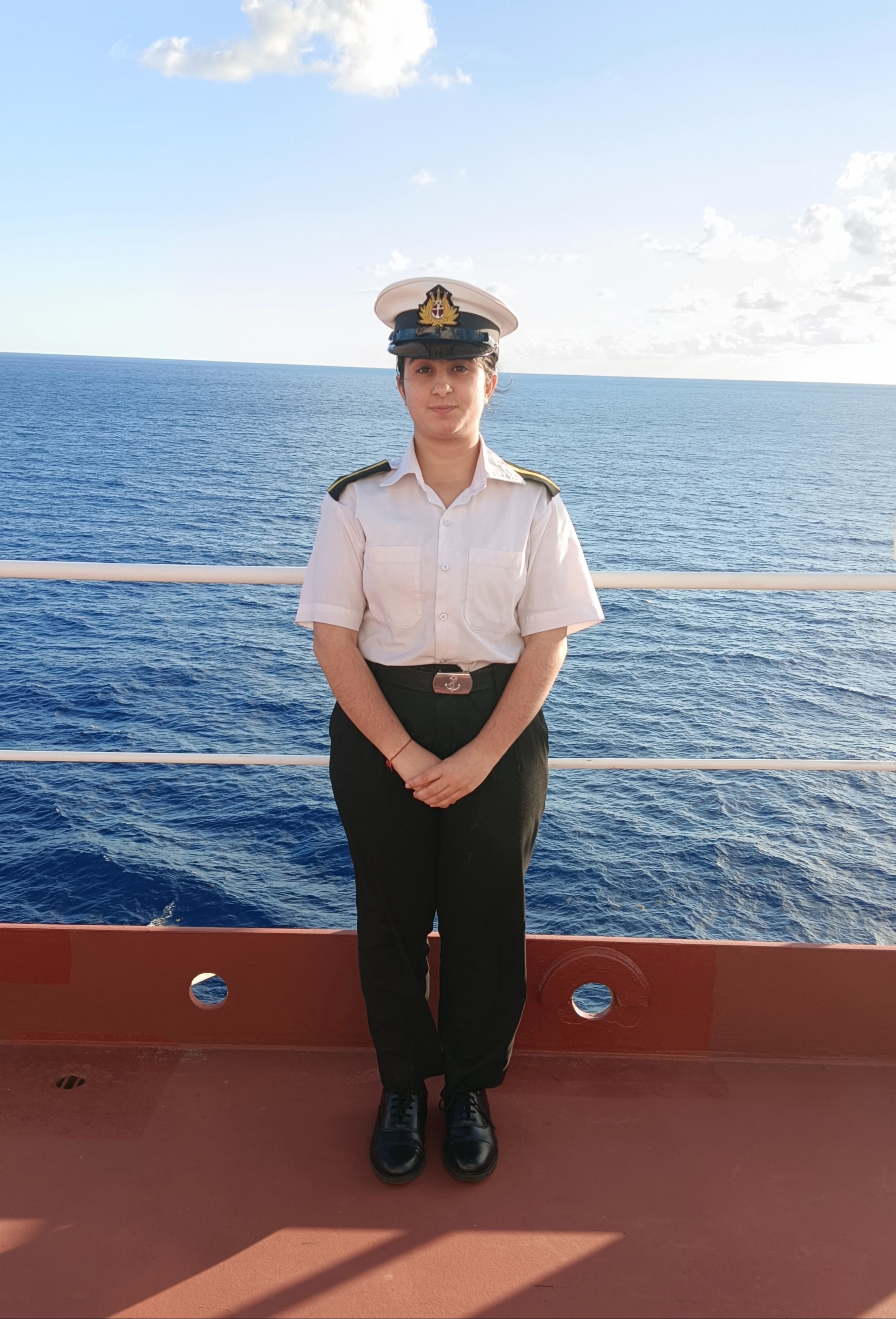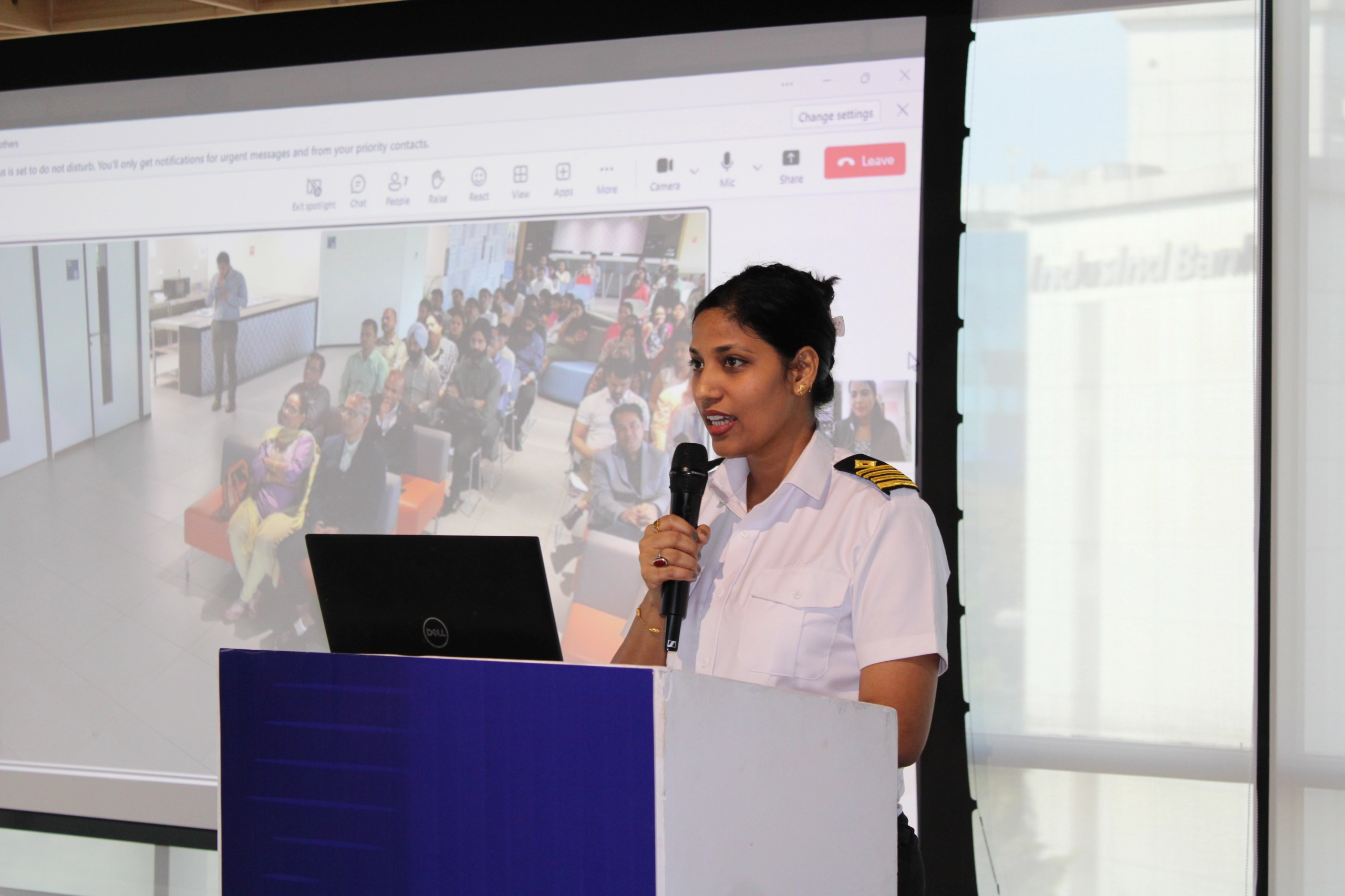
American Bureau of Shipping, A.P. Moller – Maersk, Fleet Management Limited, Georgia Ports Authority, Maersk Mc-Kinney Moller Center for Zero Carbon Shipping, Savage Services, Sumitomo Corporation and TOTE Services today announced the execution of a Memorandum of Understanding (MOU) to jointly conduct a feasibility study (hereinafter “Study”) with the aim to be one of the pioneers in establishing a comprehensive and competitive supply chain for the provision of green ammonia ship-to-ship bunkering on the US East Coast. This Study will be conducted at the Port of Savannah, the third busiest gateway for containerized trade in America.
Ammonia, which does not emit any CO2 when combusted, has long been considered one of the most promising alternative marine fuels to reduce greenhouse gas (GHG) direct emissions within the shipping industry. This aligns with the current International Maritime Organization (IMO) strategy to halve emissions by 2050, which is currently under revision and will hopefully become a strategy for achieving net zero emissions by 2050. Ammonia produced solely from renewable sources, also known as “green ammonia,” is carbon-free and can deliver great environmental benefits.
The Port of Savannah, home to Garden City Terminal, the largest single container terminal in the US, has the ability to serve numerous ammonia-fueled Ultra Large Container Ships (ULCSs), which could lead to fast and high-efficient decarbonization in the container shipping industry. The rapid-growing port is advancing with its Big Berth/Big Ship program to accommodate six 14,000TEU vessels simultaneously by 2024, and is planning to add 60% more capacity by 2025. Savannah’s proximity to the Ports of Brunswick and Jacksonville – among the nation’s busiest vehicle handling ports – may help facilitate decarbonization efforts in the automotive shipping industry as well.
The Study aims to cover the entire end-to-end supply chain of ammonia bunkering, which includes the development of a cost-effective green ammonia supply chain, the design of an Ammonia Bunkering Articulated Tug-Barge (AB-ATB), as well as related supply chain infrastructure. In addition, safety assessments are critical to formulate standards for use of ammonia as a marine fuel. Relevant government agencies and experts in the US will be engaged in working towards the standardization of safe operations and regulations.
Panos Koutsourakis, Vice President, Global Sustainability at American Bureau of Shipping, said “Ammonia offers shipowners and operators a zero-carbon, tank-to-wake emissions profile. Yet, we also recognize that ammonia presents a specific set of safety and technology challenges. We look forward to engaging with the other project members and sharing our industry-leading experience with ammonia-fueled vessels to support the study.”
Morten Bo Christiansen, Head of Energy Transition at A.P. Moller-Maersk, said “At Maersk, we are committed to net zero by 2040. To achieve this we need huge amounts of green fuel for our ships. For now, green methanol is the only pathway that is certain to have material impact in this decade, and we are happy to see the momentum that is building in the shipping industry on this pathway. However, given the enormity of the challenge ahead of us, we must keep exploring additional new fuel pathways. We see green ammonia as a fuel with potential in the long term for commercial shipping. However, safety and environmental challenges related to ammonia’s toxicity must be addressed in the short term, and we must get a solid understanding of the cost of bunkering ammonia. This study will help our industry better understand the full spectrum of practical and safety considerations when dealing with green ammonia as a fuel.”
Kishore Rajvanshy, Managing Director at Fleet Management Limited, said “We’re delighted to be contributing our technical expertise to this green ammonia study. As the world’s second largest ship manager, we’re committed to supporting our clients on their green energy transition journey, and in recent years have built our capabilities in designing dual fuel vessels and conducting safe and reliable ammonia bunkering. This aims to benefit not just our clients, but the decarbonisation pathway for the broader shipping industry.”
Joanne Caldwell, Director, Risk Management & Sustainability, at Georgia Ports Authority, said “The Georgia Ports Authority looks forward to learning the results of this Joint Feasibility Study for the potential commercial readiness of ammonia as a possible alternative zero-carbon fuel source. Innovative ideas in energy are key to powering Georgia’s future as a leader in responsible economic development and environmental stewardship.”
Claus Winter Graugaard, Chief Technology Officer at Maersk Mc-Kinney Moller Center for Zero Carbon Shipping, said “Enabling sustainable and scalable alternative fuel pathways is critically important for building confidence and investment appetite in fuel supply chains. At the Maersk Mc-Kinney Moller Center for Zero Carbon Shipping, we are leading multiparty scientific projects and risk management activities on how ammonia can be qualified as a sustainable and safe energy carrier for worldwide marine fuel deployment. The Port of Savannah project is a great logistical entry point for qualifying how ammonia could be made available. Furthermore, it provides a local and regional use case for commercial activation in the US East Coast.”
Jason Ray, President, Infrastructure Sector at Savage, said “Savage is pleased to collaborate with Sumitomo Corporation and other partners on this exciting project, doing our part to help advance the development of alternative marine fuels and contribute to global decarbonization efforts.”
Koji Endo, General Manager of Energy Division at Sumitomo Corporation, said “We embark on our ambition to build the first Ship-to-Ship ammonia bunkering base in the US in addition to Singapore and Oman, which highlight our commitment to offer our customers the best available and technologically proven solution to reduce the emission footprint from maritime transport”.
Jeff Dixon, President at TOTE Services, said “TOTE Services is committed to the advancement of alternative fuel solutions that will help lead the maritime industry toward net zero emissions. We look forward to leveraging our core competencies, technical expertise, and demonstrated record of safety and reliability in the LNG market to work with this great group of industry leaders in the ship-to-ship bunkering of ammonia.”

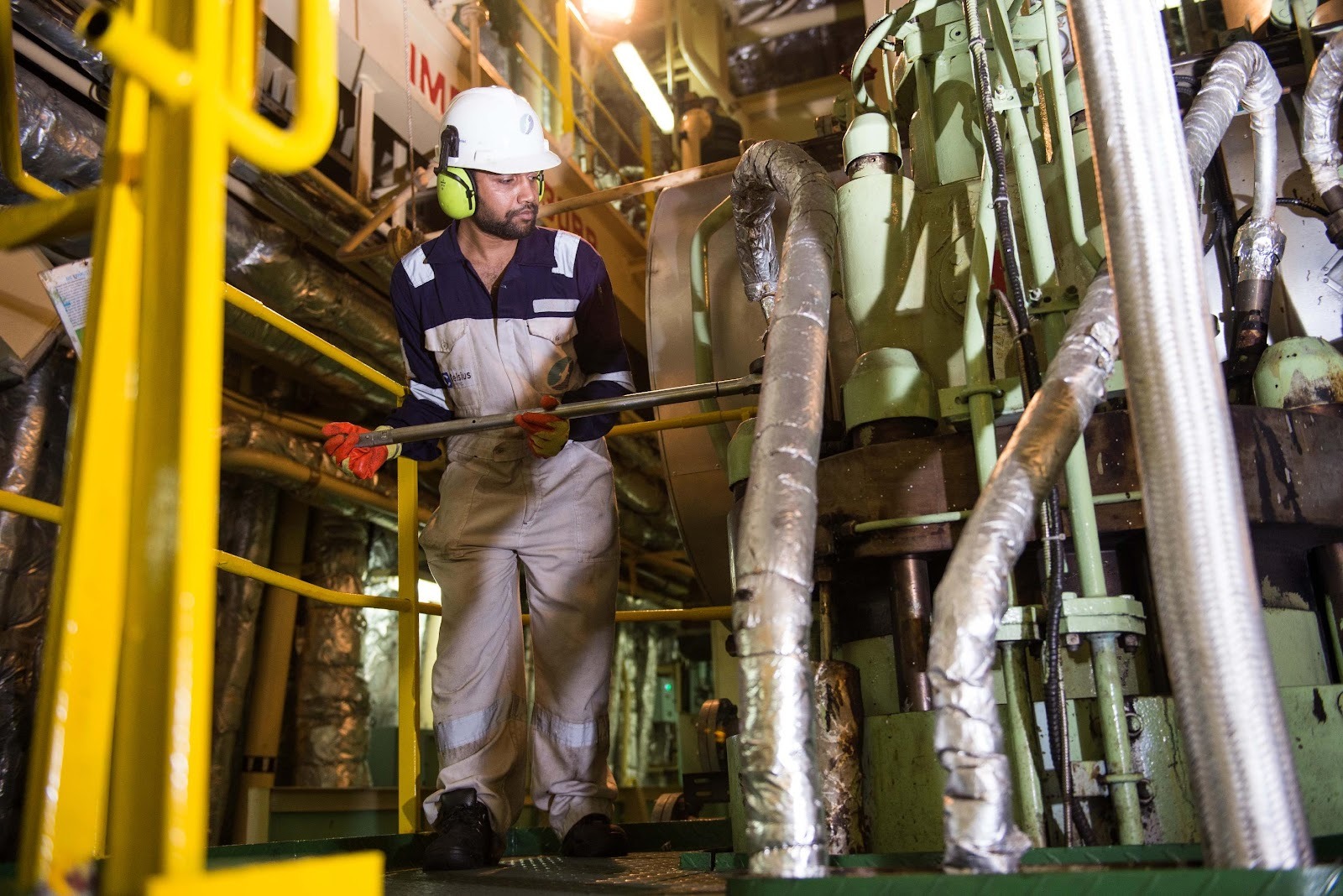

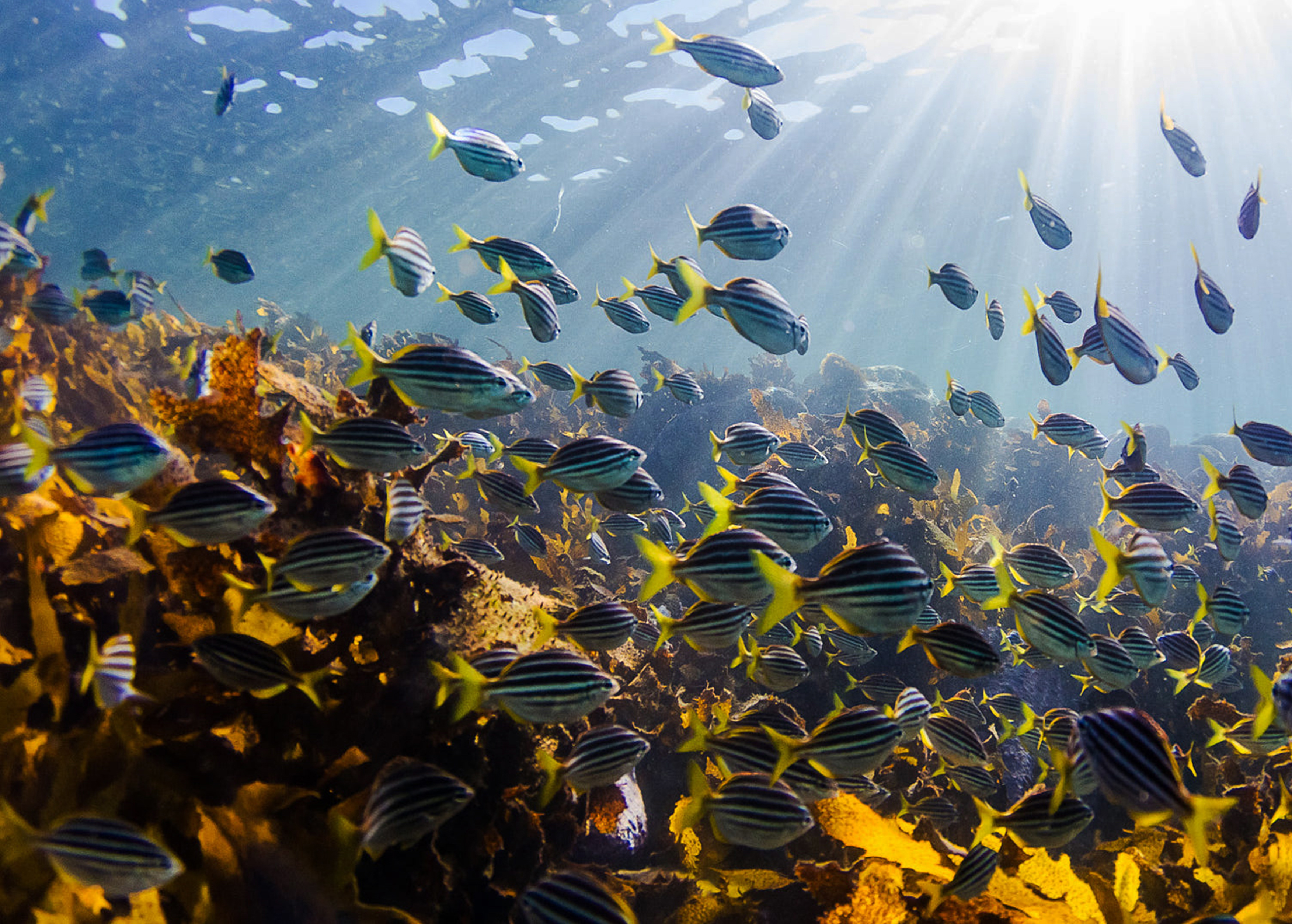

.png)

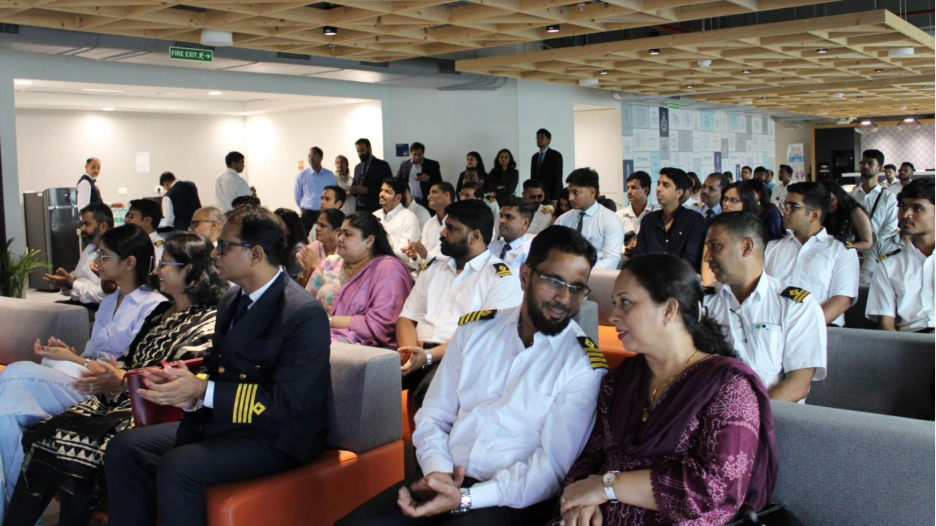
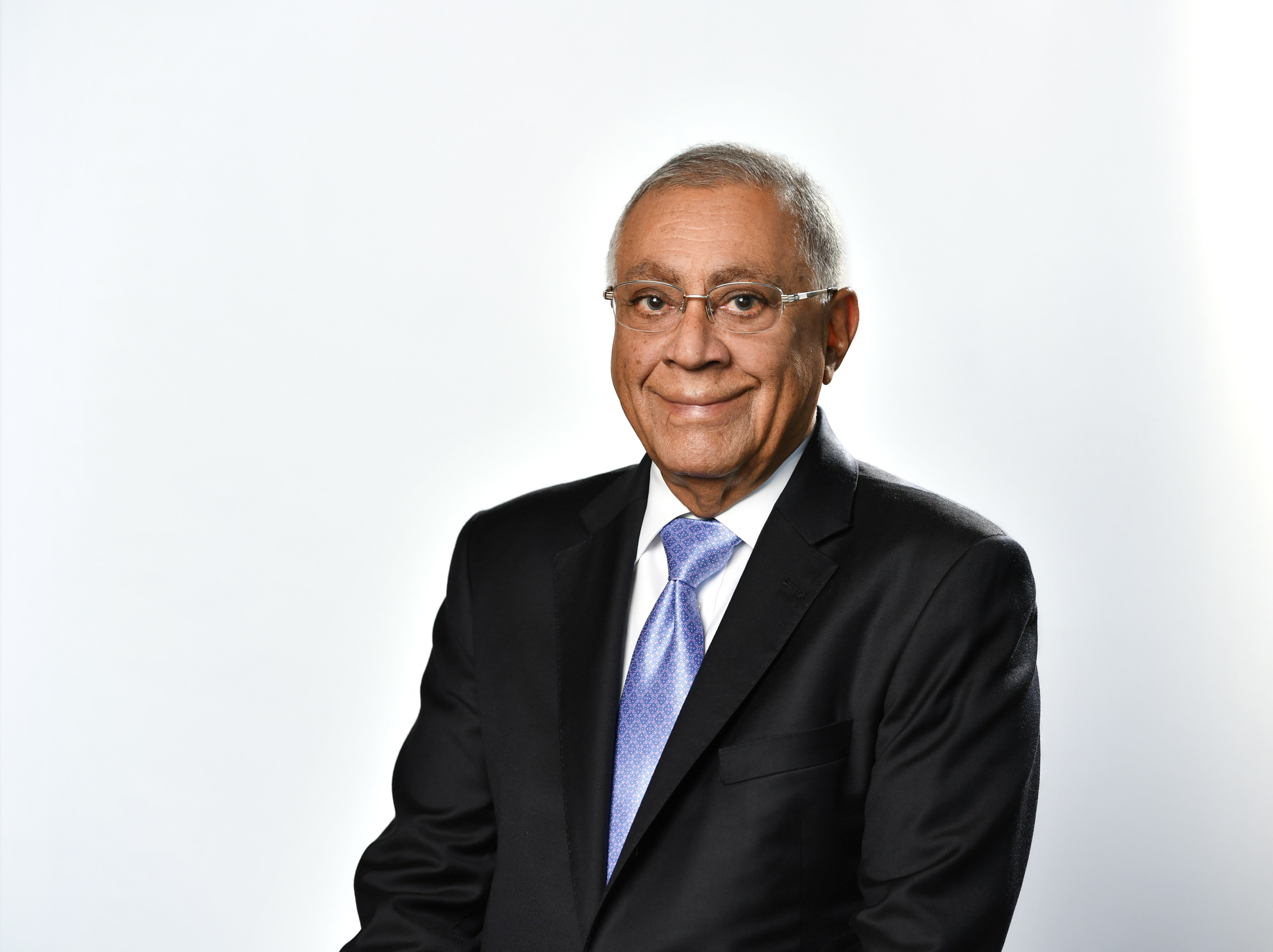



-min.png)

